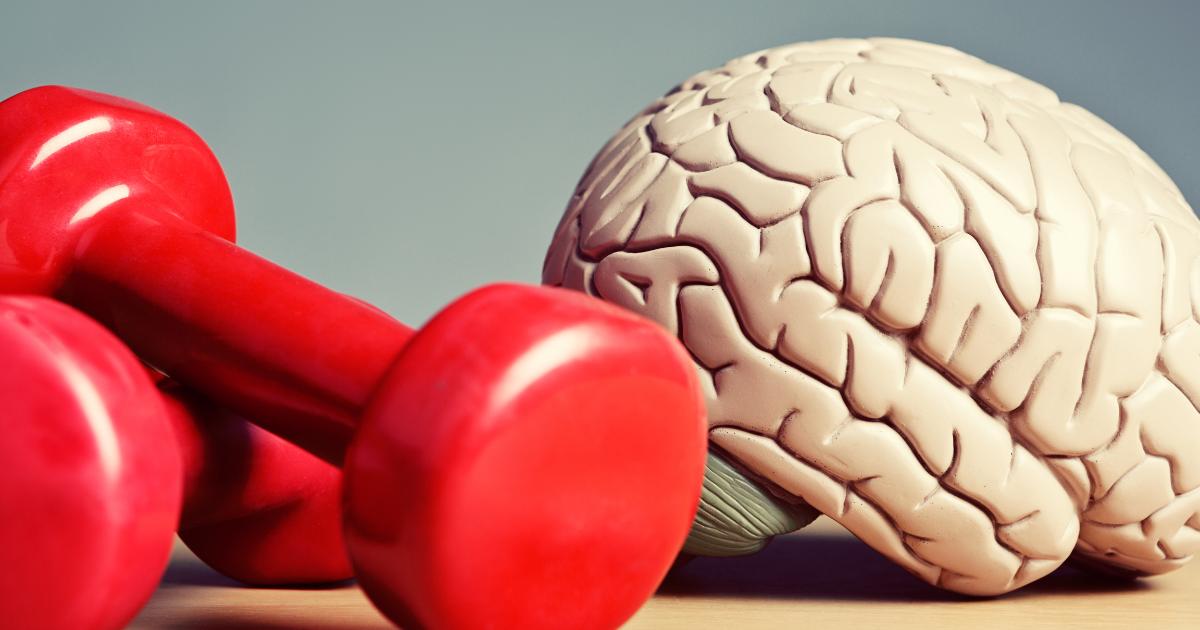Mind and body connection
When it comes to achieving optimal health and fitness, most people focus on physical exercises, diet, and lifestyle habits. However, mental health plays a significant role in physical fitness that’s often overlooked. The mind and body are interconnected, and maintaining good mental health can have a profound impact on your physical performance and overall well-being. In fact, the state of your mental health can either help or hinder your ability to reach your fitness goals. Here’s why mental health matters for physical fitness and how the two are intertwined.
Advertisement
1. Mental Health Impacts Physical Performance
One of the most important ways mental health influences physical fitness is through its effect on physical performance. When you’re mentally healthy, you’re more likely to feel motivated, focused, and ready to take on physical challenges. Mental clarity and emotional balance provide the energy and drive needed to stick to a workout routine and push through difficult exercise sessions.
On the other hand, when you’re experiencing mental health challenges like anxiety, depression, or stress, these can significantly impact your ability to engage in and enjoy physical activity. Research has shown that individuals struggling with mental health issues are less likely to exercise regularly, and when they do, their performance can be negatively affected. This is due to factors like lack of motivation, fatigue, and difficulty concentrating—all of which are common symptoms of mental health struggles. Studies show that people with depression, for example, may experience a lower perceived level of physical effort, making it more difficult to stay active and engaged in fitness routines (National Institute of Mental Health, 2022).

2. Physical Exercise Benefits Mental Health
The relationship between mental health and physical fitness is not one-sided. Just as mental health impacts physical performance, physical exercise has a powerful effect on improving mental health. Exercise has been shown to reduce the symptoms of depression, anxiety, and stress by promoting the release of endorphins, the body’s natural “feel-good” hormones. Endorphins help to improve mood, reduce stress, and create a sense of well-being, which in turn can boost your mental outlook and energy levels.
Furthermore, physical activity encourages better sleep, which is essential for mental health. Lack of sleep is a common problem for those dealing with anxiety and depression, and regular exercise can help regulate sleep patterns and improve overall sleep quality (American Psychological Association, 2023). This creates a positive cycle: as you get more sleep and exercise, your mental health improves, and your ability to engage in and benefit from physical fitness increases.
Advertisement
3. Stress Reduction Through Physical Activity
Stress is a major contributor to poor mental health and can also negatively affect physical fitness. Chronic stress can increase levels of cortisol, a hormone that, in high amounts, can lead to weight gain, muscle loss, and decreased energy levels. Regular physical activity is one of the best ways to manage stress, as it helps reduce cortisol levels and stimulate the release of endorphins.
Even moderate exercise, such as a brisk walk or a light jog, can significantly reduce stress and anxiety levels. Exercise gives you an opportunity to focus on something other than the stressors in your life, allowing you to clear your mind. It also provides a natural outlet for frustration and tension, helping you feel more relaxed and centered. By incorporating stress-reducing activities like yoga, swimming, or strength training into your routine, you not only boost your fitness but also enhance your mental resilience.
4. Building Confidence and Self-Esteem Through Fitness
Improving your physical fitness can have a direct impact on your mental health by boosting your self-esteem and confidence. As you get stronger, more flexible, or achieve specific fitness goals, you begin to see tangible results from your efforts. This sense of accomplishment fosters positive self-worth and encourages further action.
For individuals with mental health struggles such as depression or low self-esteem, engaging in physical fitness activities can be an empowering experience. Completing a challenging workout or reaching a personal fitness milestone, such as running a certain distance or lifting a specific weight, can lead to a sense of pride and accomplishment that may help combat negative thoughts and feelings. The improved body image that comes with fitness progress can also have a positive impact on your mental outlook, fostering a more optimistic view of yourself and your abilities.

5. Social Connection and Support Through Exercise
Physical fitness doesn’t have to be a solo activity. In fact, participating in group fitness classes, team sports, or even exercising with friends and family can provide important social connections that support mental health. Social isolation is a common issue for individuals struggling with mental health, but exercise provides an opportunity to connect with others, build relationships, and experience a sense of belonging.
Exercising in a group setting can be especially beneficial for mental health, as it encourages camaraderie, motivation, and accountability. Group workouts foster an environment of support where people encourage one another to push through challenges, which can enhance both physical and mental performance. Even simple activities like going for a walk with a friend can provide mental health benefits by reducing feelings of loneliness and promoting a sense of connection.
Advertisement
Final Thoughts
The connection between mental health and physical fitness is undeniable. A positive mental state can enhance your physical performance, while regular exercise can significantly improve your mental well-being. From reducing stress and boosting self-esteem to improving sleep and fostering social connections, the benefits of exercise extend far beyond physical health. Taking care of both your body and mind is essential for achieving a balanced, healthy lifestyle. Whether you’re struggling with mental health challenges or simply looking to improve your overall well-being, incorporating physical activity into your routine can help you achieve your goals and lead a healthier, happier life.
References
- National Institute of Mental Health. “Mental Health and Physical Activity.” National Institute of Mental Health, 2022. https://www.nimh.nih.gov.
- American Psychological Association. “The Exercise Effect on Mental Health.” American Psychological Association, 2023. https://www.apa.org.
- Mayo Clinic. “Exercise and Stress: Get Moving to Manage Stress.” Mayo Clinic, 2023. https://www.mayoclinic.org.
- Harvard Medical School. “Physical Activity and Mental Health.” Harvard Health Blog, 2023. https://www.health.harvard.edu.


